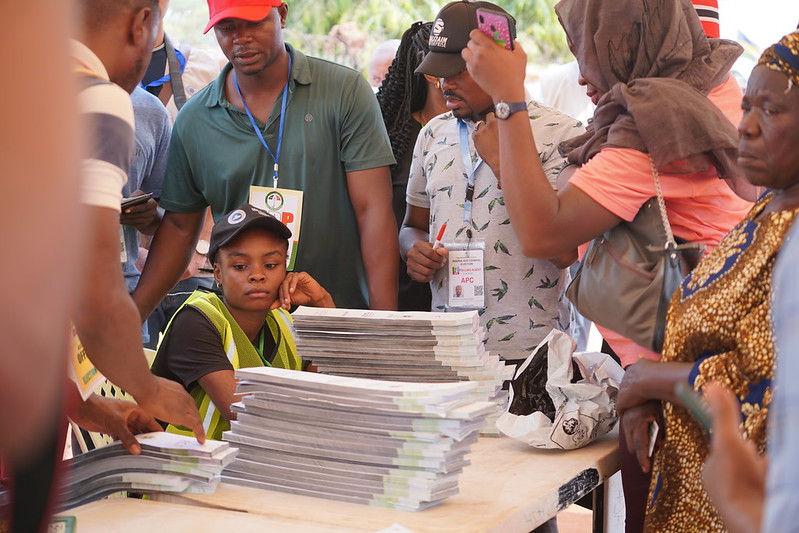Bangladesh chief justice agrees to resign amid new student protests | Protests News
Hundreds protest outside the Supreme Court calling for Obaidul Hassan, seen as loyal to ex-PM Hasina, to step down.
The chief justice of Bangladesh’s top court has said he agreed “in principle” to resign after an ultimatum from protesters, days after Prime Minister Sheikh Hasina fled to neighbouring India.
Obaidul Hassan, who was appointed to helm the Supreme Court last year and is seen as a loyalist to Hasina, was told to step down on Saturday by protesters who gathered outside the court in the capital, Dhaka.
Al Jazeera’s Tanvir Chowdhury, reporting from Dhaka, said students decided to take to the streets when they heard reports that Hassan was holding a meeting with justices of the Appellate Division.
“They viewed this as a judicial coup in the making, so they quickly gathered at the Supreme Court and demanded that he immediately resign,” Chowdhury said.
A formal letter confirming Hassan’s decision to step down was expected after consultations with President Mohammed Shahabuddin. The students believe the Supreme Court to be highly politicised and want the other seven members to also resign, according to Chowdhury.
Awami League party leader Hasina, 76, fled by helicopter to India on Monday. Her government was accused of widespread human rights abuses including the extrajudicial killing of thousands of her political opponents.
Hassan oversaw a much-criticised war crimes tribunal that ordered the execution of Hasina’s opponents, and his brother was her longtime secretary.
Cabinet ministers left blindsided by her sudden fall have gone to ground, while several top appointees have been forced out of office, including the national police chief and the central bank governor.
On Friday, the bank’s governor, Abdur Rouf Talukder, resigned from the post, citing personal reasons. Protesters had stormed the central bank’s headquarters amid the political upheaval that led to the end of Hasina’s 15-year rule.
Muhammad Yunus, who won the Nobel Peace Prize in 2006 for his pioneering work in microfinance credited with helping millions of Bangladeshis out of poverty, is leading a transitional government, another demand by the student leaders.
The economist took office on Thursday as “chief adviser” to a caretaker administration comprised of civilians bar one retired brigadier-general. He said he wants to hold elections “within a few months”.
Yunus appealed for religious unity on Saturday as he embraced the weeping mother of the first student shot dead by police during antigovernment protests last month.
“Don’t differentiate by religion,” he told reporters. “Our responsibility is to build a new Bangladesh.”
Speaking of Abu Sayeed, Yunus said the slain 25-year-old was now “in every home”.
“The way he stood, we have to do the same,” he said as he paid his respects alongside members of the advisory cabinet.
“There are no differences in Abu Sayeed’s Bangladesh,” he added.
Check out our Latest News and Follow us at Facebook
Original Source







